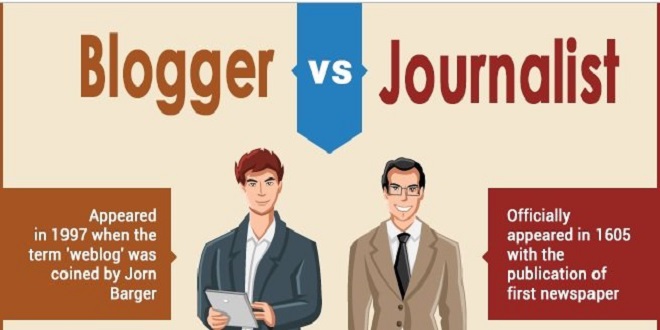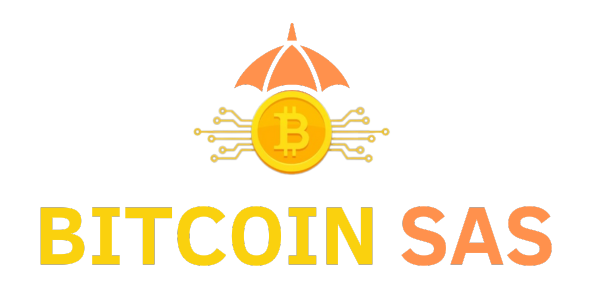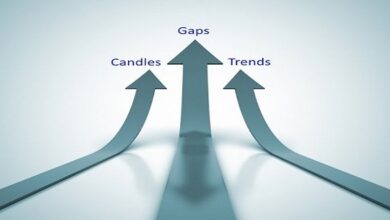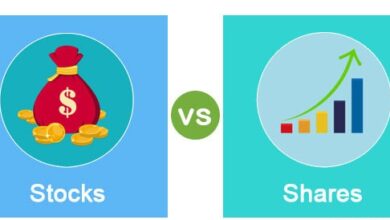What to Do About Corrections The Blogger Versus Journalist Debate

Is anyone with a blog a journalist Is anyone with a camera a photographer? What happens to journalism when every reader can also be a writer, editor, and producer? These are but some of the questions long debated in the blogosphere, in journalism, and in the law. The answer has real, tangible effects. If a blogger is legally a journalist, she is eligible for her state’s shield law protection of sources, for example.
She is eligible for press credentials to, say, a political party convention. But no clear consensus has yet emerged, despite the fact that the blogger-journalist dichotomy is false. Many journalists blog; many bloggers do journalism. Key distinctions, then, include the methods or processes employed and the purpose or goal of the content.
Objectivity as a Process Goal
Few journalists or journalism professors today cling to the belief that pure objectivity is possible, at least as an attribute of journalism’s product—the news. Striving for as objective a news-gathering process as possible, however, still is widely regarded as noble and good, at least by professional newsgathering organizations. The last presidential election possibly marked a dark and dangerous shift in American life, one that allowed fiction to compete with and, in cases both dramatic and mundane, defeat fact-based reporting.
Digital media showed themselves so far unfit to take the mantle of the marketplace of ideas, instead allowing individuals to put themselves at the center of their own media universes. As one commentator, John Herrman of The New York Times, put it, “It will be clear, in retrospect, that this was an election experienced from the bottom of a media trough.
Votes were cast from the valley between a collapsing media that was, at one time, at least nominally trusted, and a new media that is not yet ready for the responsibilities it is inheriting.” News during the election came complete with new and obliterating signifiers of authority and truth, and with opportunistic insinuations by the candidates themselves that the level of deception by news organizations knows no bounds.
Digital Resources
Digital offers journalists speed, immediacy, interactivity, and a global reach. It also enables new ways to gather, report, and distribute information. Thus, digital journalists have to become adept at, if not master, a wide range of skills. They have to report, interview, research, produce audio and video, do photography, present and publish stories, and connect to their growing networks via social media.
And they have to do this in a rough-and-tumble business that hasn’t yet figured out what sustainable economic models should look like when monetizing content and fairly paying for labor has proven so elusive. This chapter provides the basics on these many roles. Also covered are the ways social media can be used to do journalism.
Regardless of what the future will mean for journalism and, by extension, democracy, and despite claims that “facts” are the luxury of a previous era, the need for what journalists do will not go away. In some ways, this need has only become more acute.
Last word
In a fun-house world where the fake and the factual compete on seemingly equal footing, the skills of gathering and sharing valuable and valid information become even more important, as does applying a discipline of verification in order to maximize truth, minimize harm, and provide a fair and comprehensive account of the news of the day.
Revamping your menu is crucial to meeting the ever-changing demands of your customers. By updating your offerings, you can cater to new dietary preferences and emerging food trends. Keeping up with the latest dining preferences is essential to staying competitive in the restaurant industry. By adapting your menu, you can attract new customers and retain existing ones, ultimately boosting your business’s success. Whether it’s incorporating plant-based options or highlighting locally sourced ingredients, being attentive to dining trends can enhance your restaurant’s appeal.





